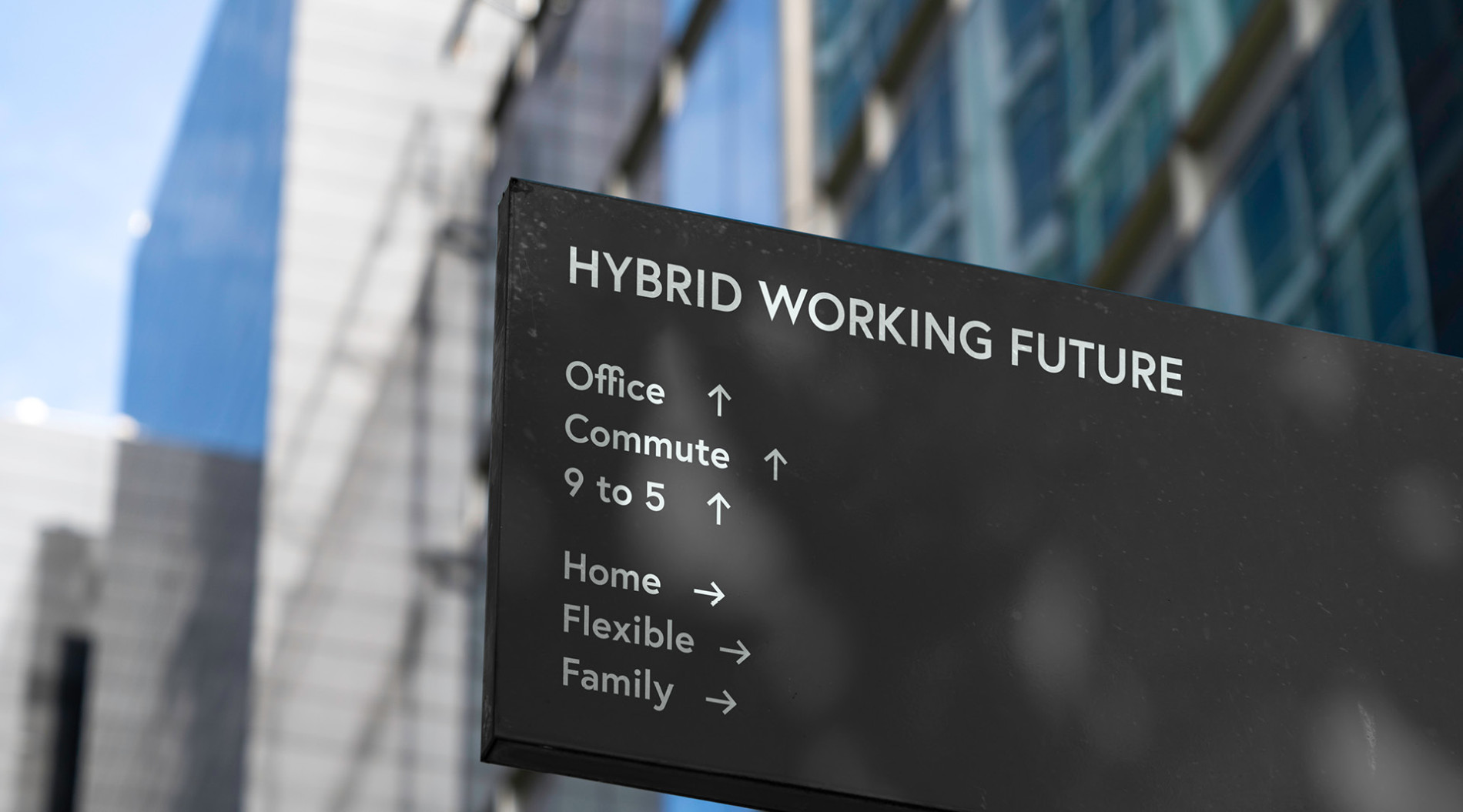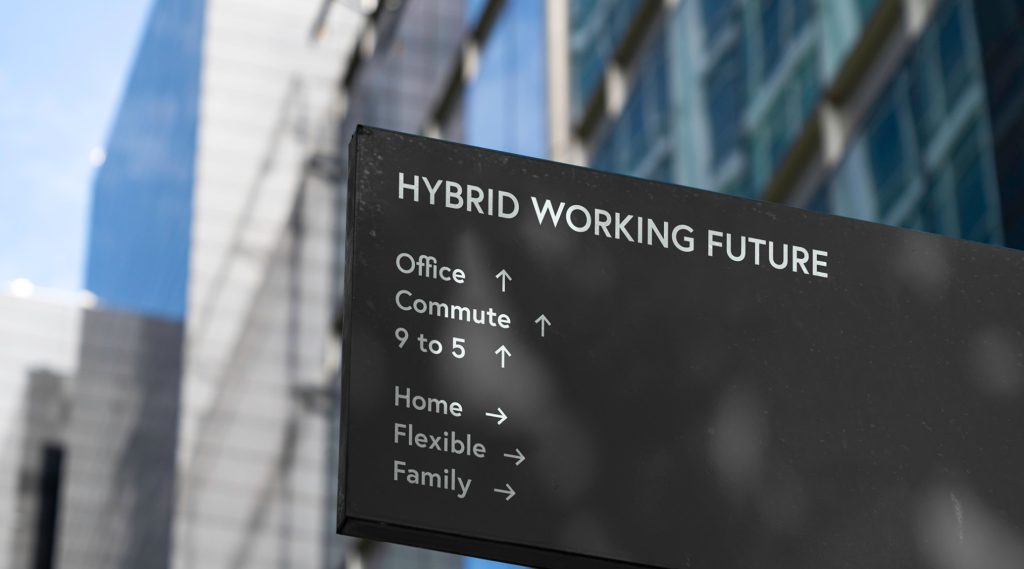What is Recruitment Process Outsourcing? RPO Explained
Recruitment Process Outsourcing (RPO) has existed since the early 2000s and has developed over the past two decades to align with the needs of an ever-evolving recruitment market.
When RPO began, it was mainly larger companies who embraced the idea of fully outsourcing their recruitment. This has changed, with RPO providers building expertise and developing new tools to deliver an enhanced, tailored service. Additionally, the role of RPO providers has become more distinct from traditional staffing agencies, leading organisations to recognise the unique value RPO can bring to their business.
Now, this multi-billion-dollar industry serves companies of all sizes, enabling streamlined sourcing of the best talent to help businesses go further.
RPO: A definition
RPO enables companies to outsource part or all of their recruitment processes. Consider RPO providers as third-party experts who work with the company to understand their recruitment needs and deliver a solution based on this. The option of using the service for part of the recruitment process – for example sourcing and screening candidates – or for end-to-end recruiting provides companies with greater flexibility when hiring talent. RPO providers differ from traditional staffing agencies as they take full responsibility for the design, management, and results of the recruitment process.
Why opt for RPO?
Recruiting talent is a critical element within any business, so many leaders may be cautious about outsourcing this. Here’s why RPO can help, rather than hinder, a company’s recruitment process:
- Reduced time and cost hire: RPO providers streamline the recruiting process, cutting out the time usually spent by companies on lengthy hiring processes. In the long-term, cost-per-hire can be reduced by at least 30%.
- Access to better talent: RPO harnesses in-depth market knowledge and technologies such as AI to source the best candidates.
- Scalable solutions: Whether a company is hiring 10 or 100 employees, RPO can be customised to align with specific needs.
- Analysis and planning: RPO providers work closely with clients to fully understand their recruitment and business goals. Effective decision-making is achieved through consistent analysis, reporting, and planning.
What are the different types of RPO?
The beauty of RPO is the range of options it offers companies. There are three main RPO models to choose from:
- On-demand RPO: Ideal for companies who have a sudden hiring surge, are launching a project or product, or need to tackle a recruitment backlog. RPO specialists use their knowledge of the company and their goals to find the right candidates within a specified timeframe.
- Function-based RPO: The company outsources the recruitment process of a department or division to an RPO provider. For example, when hiring for the marketing department is taken care of by the RPO provider, while all other recruitment is done by the company’s internal recruiting team.
- Full RPO: The entire recruitment process is outsourced to the RPO provider. Essentially, the RPO provider acts as an internal recruiting team for the company.
What are the key steps of RPO?
Regardless of which type of RPO model a company chooses, there are certain steps the service provider will follow:
- Collecting data: Analysis of the company’s existing recruitment process will be carried out – for example interview formats and number of external versus internal hires.
- Process mapping: Following the analysis, a detailed process map is created outlining every action that will need to be carried out by HR, hiring managers, the internal recruiting team and the RPO team.
- Change management: A change management plan is put in place to provide guidance on how the company should deal with timelines and internal messaging. This ensures RPO teams are onboarded smoothly.
- Training: Company stakeholders and the RPO team are trained to ensure the process is successful. This means everyone is working towards the same goal and are up to date on what is expected during the recruitment process, what technology will be utilised, and the responsibilities of individuals.
RPO: Essential in the future of work
RPO is a thriving industry and its growth is set to continue. The world of work is rapidly changing, and companies need to respond and adapt quickly to ensure success. Being able to source and recruit top talent efficiently is essential. RPO offers new technologies, in-depth market expertise, and flexible models to ensure today’s companies can recruit for a successful future.
More Recruitment Process Outsourcing Articles:
- Why Choose RPO? Seven Key Benefits of Recruitment Process Outsourcing
- What’s the Difference Between RPO and Traditional Recruiting
- Why Recruitment Process Outsourcing is Right for Your Growing Business
- 8 Benefits of Using RPO for Your Small Business
- 6 Benefits of Using RPO for Your Medium-Sized Business
- How Does RPO Reduce Recruitment Costs?











